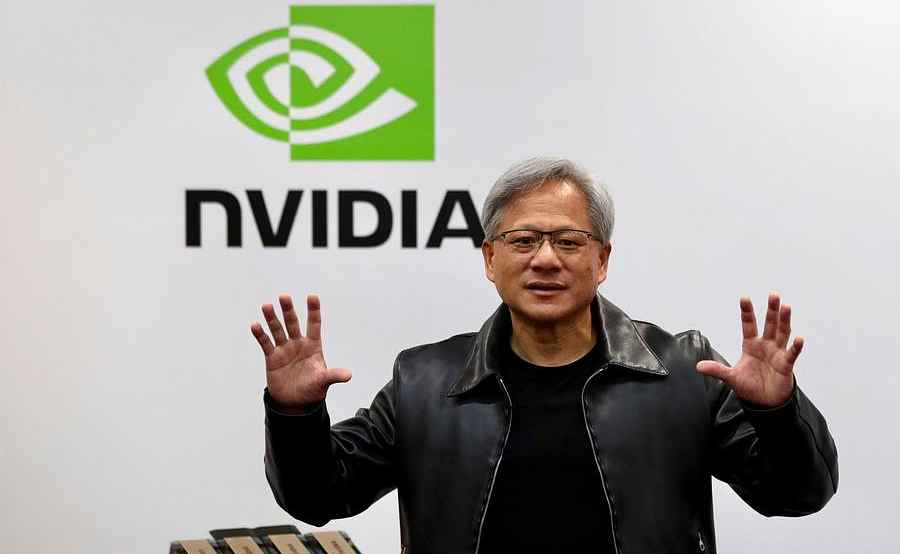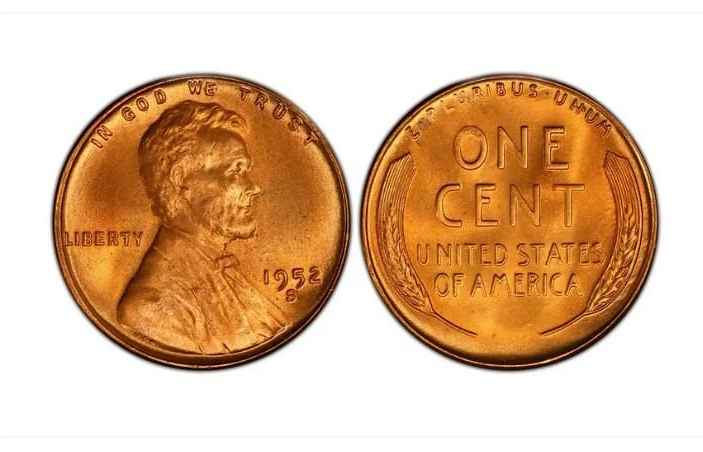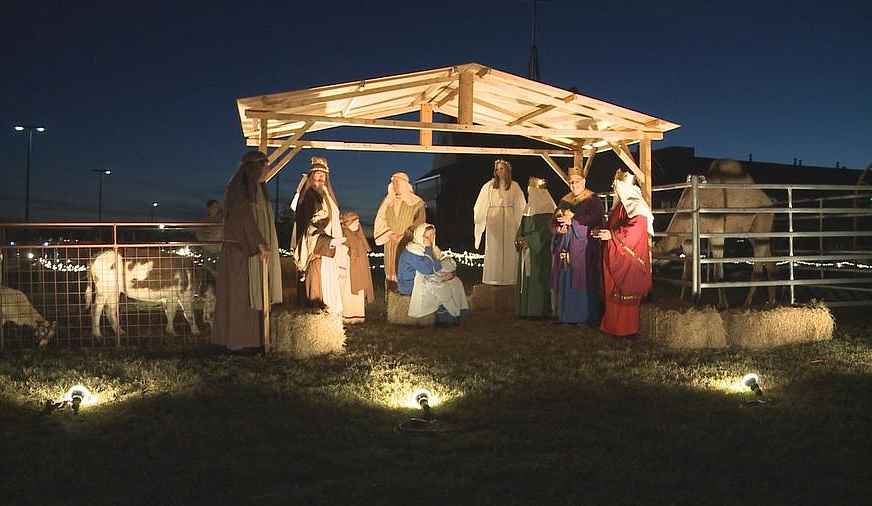






See listing of Recent and Most Popular articles on the Home Page
Senior Moments
Category: Government & Politics / Topics: Choices and Decision Making • Freedom • Government • Politics • Social Issues
Vote or Flip a Coin?
by Dan Seagren
Posted: October 17, 2020
How people make decisions…
Editor's Note: This is the second in a short series of articles in which Dan is focusing on voting and the 2020 presidential election in the United States. You can find other articles on SeniorLifestyle by searching on the Voting & Elections topic.
As a retired clergyman now pushing 93 years of age, I have always been amazed how the 11 remaining Disciples of Jesus replaced the one missing Disciple, Judas Iscariot who betrayed his Lord for a paltry sum of money and then ended his life unceremoniously. Did they elect him (11 should not end in a tie)? No. They presumably had many possible candidates to choose from so they as we say flipped a coin [drew straws, or rolled the dice] and became 12 again. If Jesus did choose all 12 in the beginning, why didn’t He appoint Judas’ successor? We may never know why but we could wonder why. Elections are not only prevalent in a democracy, they can be fair and wisely chosen, not as we say railroaded in. Yes, I am still amazed but perfectly content with how they did replace Judas. So let’s move on.
Simple elections are one thing but complicated elections can become disastrous. Today there is some talk in America about replacing elections with another form. One problem is improving on an ideal election which could be difficult if not improbable although maybe not impossible.
Casting lots, drawing straws, flipping a coin are all options perhaps, maybe worthwhile for small groups but not for large electorates (citizenry, groups, clubs, distance etc.) or complex situations. So maybe we should probe deeper.
Our forefathers were disenchanted with non-democracies and insisted on making America democratic, not socialistic or collectivist, but wanted at least most leaders elected, not appointed and inclusive rather than exclusive. So an electoral system emerged which did not use the entire amount of votes but rather a representative majority of all communities (States, Counties, etc.).
This system is now suspect by some who contend it should ultimately be eliminated. If so, what could take its place to achieve a balanced, representative vote in a democratic (classless, representative, participatory) nation, state, community?
Could a chauvinistic, communistic, nationalistic, socialistic society become anti-authoritarian (democratic)? Is there such a society or culture in existence? If so, how did it originate (election, tyranny, dictatorship or otherwise)?
Is this pure nonsensical (absurd, foolish, hocum) or is it worth thinking that there might be some evidence that it may not really be absurd? Give it some thought as you rethink about voting and elections and flipping coins. While you are at it, try to imagine what Jesus was thinking when Judas Iscariot was replaced by a flip of a coin and whose idea was it to flip the coin?
Search all articles by Dan Seagren
Dan Seagren is an active retiree whose writings reflect his life as a Pastor, author of several books, and service as a Chaplain in a Covenant Retirement Community. • E-mail the author (su.nergaesnad@brabnad*) • Author's website (personal or primary**)* For web-based email, you may need to copy and paste the address yourself.
** opens in a new tab or window. Close it to return here.
Posted: October 17, 2020 Accessed 515 times
![]() Go to the list of most recent Senior Moments Articles
Go to the list of most recent Senior Moments Articles
![]() Search Senior Moments (You can expand the search to the entire site)
Search Senior Moments (You can expand the search to the entire site)
![]() Go to the list of Most Recent and Most Popular Articles across the site (Home Page)
Go to the list of Most Recent and Most Popular Articles across the site (Home Page)
 Loading requested view...
Loading requested view...